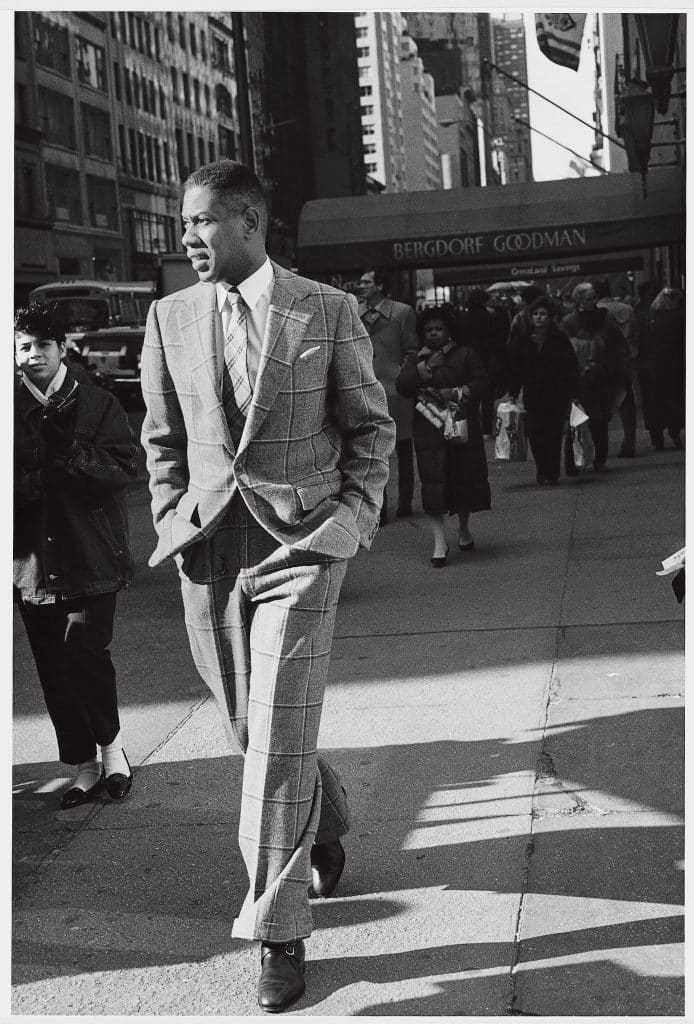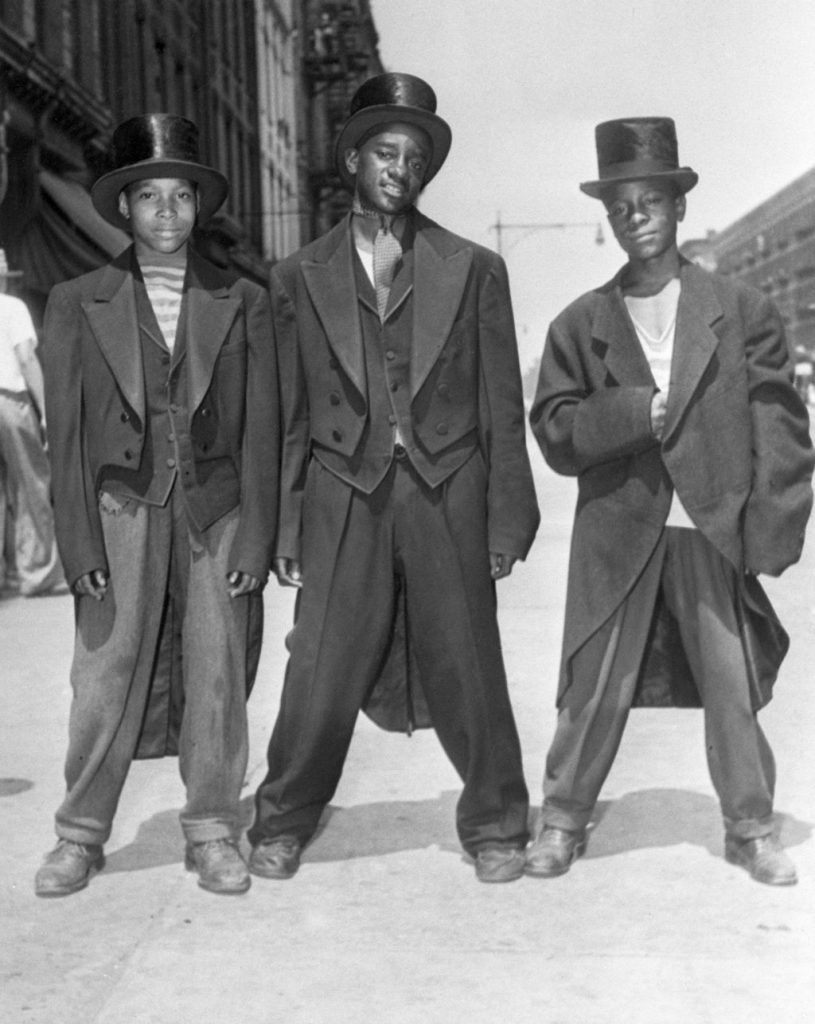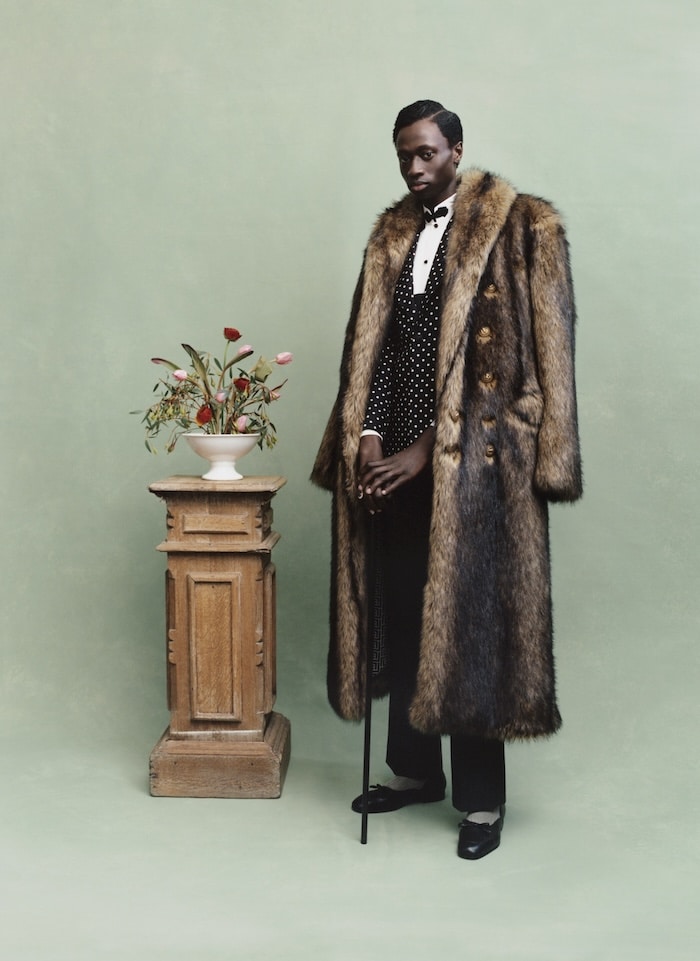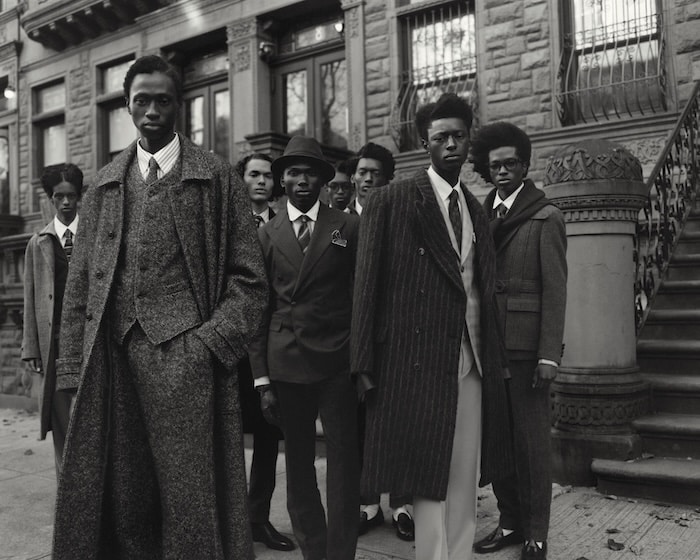Koktail Konversations Ep. 6: Toby Lu on River City Bangkok’s Next Chapter
Toby Lu reflects on River City Bangkok’s evolution and how art experiences ...

When guests stepped onto the iconic steps of the Met this year, they did so dressed according to a special theme, “Tailored for You.” This dress code accompanied the Metropolitan Museum of Art’s spring 2025 Costume Institute exhibition, “Superfine: Tailoring Black Style.”
The theme encouraged guests to embrace looks rooted in personal style while paying tribute to the long, complex history of Black menswear. Black dandyism is not simply a style choice, it’s a reflection of how Black individuals have used fashion to navigate and challenge a society that often sought to erase them. From Harlem to haute couture, it remains a form of storytelling, a language of pride, and a statement of control over one’s own image.
One name echoed throughout the evening, André Leon Talley, the late Vogue editor who served as creative director from 1988 to 1995 and later as editor-at-large from 1998 to 2013. A fashion icon who passed in 2022, he was a close friend and longtime collaborator of Anna Wintour, the Met Gala host. His legacy shaped both the spirit of the gala and the exhibition itself, where one of his signature suits is now on display. The night was a celebration of bold style, deep intellect and unapologetic self-expression, all of which Talley embodied in his life and his wardrobe.

“Superfine” marks a historic moment, it’s the Costume Institute’s first exhibition centred on menswear in over two decades. At its heart is an exploration of Black dandyism: the deliberate, stylish and often subversive use of fashion by Black individuals as a form of self-expression and cultural resistance. The exhibition draws from clothing, photographs, artworks, historical texts and artifacts, offering a layered view of how style has helped shape Black identity.
The show is inspired by Dr. Monica L. Miller’s influential 2009 book, Slaves to Fashion: Black Dandyism and the Styling of Black Diasporic Identity. Miller, who serves as guest curator, explains that dandyism challenges how society views race, class, gender and power, using fashion as a tool for dialogue and disruption.
While “Tailored for You” centres on menswear, it offers plenty of room for creativity. The Met Gala co-chairs, Colman Domingo, Lewis Hamilton, A$AP Rocky and Pharrell Williams, along with honorary chair LeBron James, embody the essence of modern Black dandyism. Each has used fashion to express individuality and challenge convention.
Dandyism originally emerged in 18th-century Britain, personified by figures like Beau Brummell. Known for his understated but perfectly tailored outfits, Brummell championed a refined aesthetic over the excess of aristocratic fashion. But dandyism wasn’t only about looking good, it was a way to stand out, to craft an identity outside societal norms. For Black dandies, this same concept took on deeper meaning. It became a way to push back against racial and class-based limitations.
Black dandyism traces its roots back to the post-Emancipation era, but its cultural significance grew sharply during the Harlem Renaissance. In the 1920s, Harlem became a cultural hub, and fashion became one of the tools Black creatives used to assert dignity and agency. A tailored suit, well-shined shoes and a stylish hat were bold rejections of the role society tried to impose on Black people. In this context, style was protest.

Fast forward to today and Black dandyism is still alive, still evolving. It appears in modern expressions through designers and artists. High fashion houses have begun to reflect elements of Black dandyism too. There are a few key features that make up Black dandy style.

Black dandy style, at its core, is impeccable tailoring, suits that fit flawlessly, emphasising sharp silhouettes and attention to detail. But what truly sets it apart is the use of colour and pattern: electric blues, vibrant reds, florals, checks and stripes that subvert the traditionally muted palette of classic menswear. Accessories are more than finishing touches, fedoras tilted with intention, layered jewellery, sleek sunglasses and silk scarves that speak to both sophistication and identity. Most importantly, Black dandyism thrives on cultural fusion. It’s where Savile Row meets Senegalese wax prints, where Caribbean flair mingles with Harlem cool, and where the past, present and future of Black style converge into a look that’s personal and powerful.

This year’s Met Gala is a global platform for an important cultural conversation. The “Superfine” exhibition recognises how Black fashion has shaped mainstream style for generations, often without credit. Now, with this spotlight, the rich tradition of Black dandyism will be celebrated both for its aesthetics and its role in cultural resistance and identity-building.
Toby Lu reflects on River City Bangkok’s evolution and how art experiences ...
VERY THAI: In this periodic column, author Philip Cornwel-Smith explores popular culture ...
Wandering around the globe, try out the signature tastes of cultures across ...
These top 5 barber shops in Bangkok are where gentlemen can elevate ...
Once considered traditional, the sbai is now driving a new wave of ...
Sailorr and Molly Santana’s black grills fuse hip-hop swagger with homage to ...
Wee use cookies to deliver your best experience on our website. By using our website, you consent to our cookies in accordance with our cookies policy and privacy policy